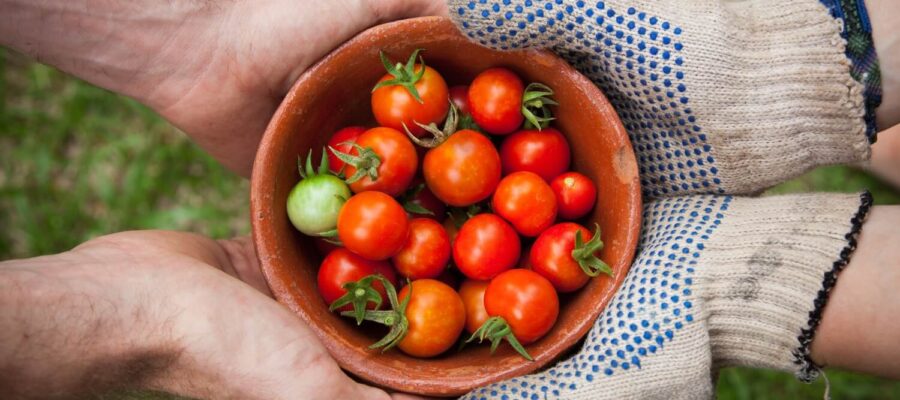If you’re wondering why skin infections seem to be more frequent in older individuals you have come to the right place. I will tackle this topic and also present some ways to combat this prevalent problem that can be annoying to devastating in the aging population or for anyone caring for elderly that work with home health care services in New Jersey.
Why Are Elderly People More Prone to Skin Infections?
As you age, your skin ages. The epidermis (outer layer of skin) becomes thin. Skin strength and elasticity also decline as you age so your skin isn’t as flexible as it once was. This means that cuts and abrasions occur easier and are more likely to be more severe than the same cut on a younger person.
Older people have less dendritic cells in their skin. These special cells are located in the dermis and epidermis and help aid appropriate skin immune responses. This means there is more susceptibility to skin infections in older individuals.
Basal cells are at the base of the epidermis. Basal cell activity slows as you age. This means your skin isn’t producing as many new skin cells as it once did. This is one reason why healing takes longer in the skin of an older person which, in turn, also increases the risk of skin infections.
How to Keep Your Skin Healthy And Reduce Skin Infections
Whether you are the older person I am talking about or you are a caretaker doing daily home care in New Jersey of an elderly person there are ways to help improve and maintain skin health.
- Keep the skin clean. Washing hands often with soap is the most important thing one can do as far as cleanliness when it comes to skin infections. Hands are often the deliverers of bacteria and other potential infections. Of course, keeping the entire body clean is important too. Which can, of course, cause skin drying…
- Choose mild soap and warm versus hot water to reduce drying and itchiness. I like to add coconut oil or some sort of oil to my bath when my skin is dry or apply them to my skin immediately after showering. Gently dry a bit first, but not completely. For me this seems to help lock in the moisture.
- Moisturize the skin. Keep the skin moist and protect it with lotions, creams, or ointments. Whatever seems to work best for your skin is ideal. Creams are generally more potent and thicker than lotions so they seem to work better and longer for dry skin. Ointments may offer some medicated options that can help for a specific skin condition. Some simple vaseline or petroleum jelly can be best for many dry skin issues. It doesn’t have added ingredients that can irritate the skin and it doesn’t clog pores. It also protects your skin. Another option to help moisturize skin is using a humidifier. These options are considered self care and important.
- Limit time in the sun and wear protective clothes and sunblock. As you age you are not only more susceptible to skin infections, you are also much more susceptible to skin cancer. Protect yourself or your loved one when enjoying the sunshine.
- If possible, exercise daily. Sweating helps clean your pores!
- Maintain a healthy, balanced diet. Foods rich in vitamins and antioxidants are important for skin health.
- Stay hydrated. Drink plenty of water! This helps skin stay hydrated by hydrating your body which will keep your skin healthier and less likely to become dry and itchy.
- For elderly individuals that are bedridden, move them as much as possible and keep their skin exposed to air to reduce wounds and skin infections. When bathing, follow the tips above and gently clean the skin and pat rather than rub their skin dry.
- Hopefully you understand a bit more about why elderly people are more prone to skin infections than a younger person. I also hope that you found some useful tips for improving and maintaining skin health. Visit us today for a variety of home health-aide services in New Jersey.


